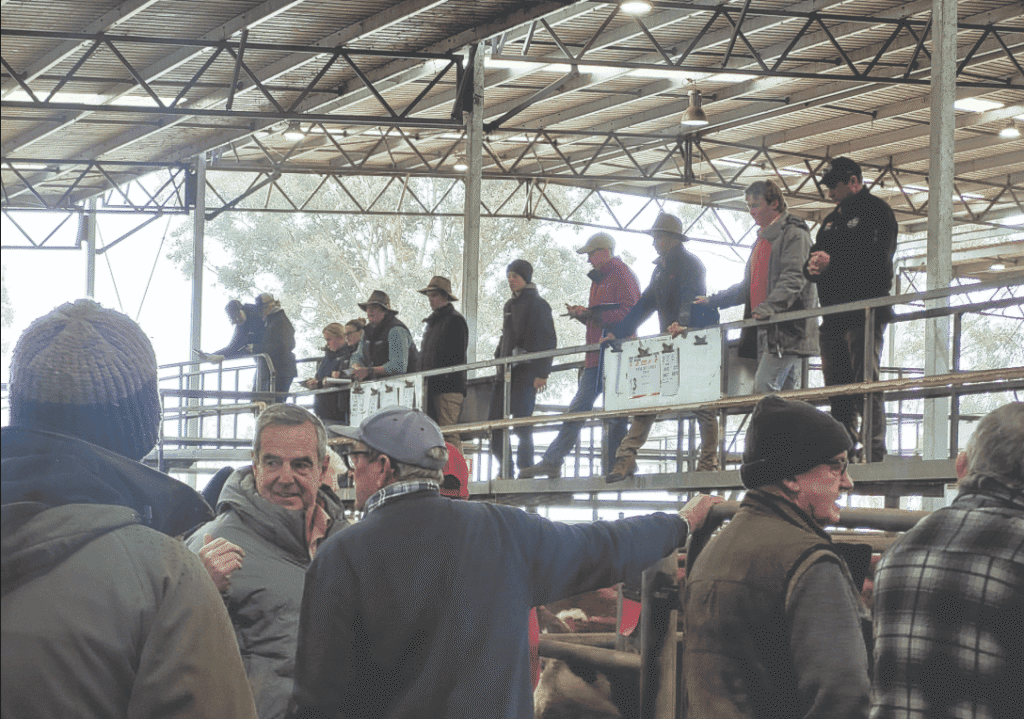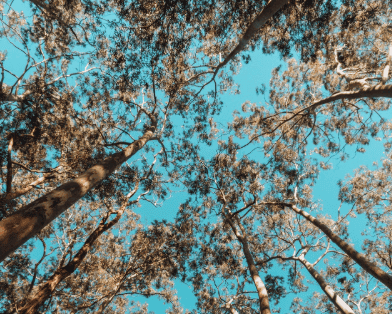News Article
Varroa mite outbreak might sting

Want to read more articles like these?
DEADLY honeybee parasites, known as varroa mites, have been found for the first time in Australia, raising concerns about the impact on the honeybee population, honey products and crops.
Varroa mites are parasite mites that affect honeybees and their brood by weakening and killing colonies and transmitting viruses. The mites live only on bees and lay their eggs in bee larvae. When mature, the mites suck the blood out of the bees and can only survive five days without living on a bee.
The parasite was first detected in hives at the Port of Newcastle on June 26. Within the first 19 days at least 1693 hives had been euthanised. It is estimated each hive was home to between 10,000 and 30,000 bees.
Currently Victoria is varroa mite free, but the mites would prove a major problem for commercial and hobby beekeepers as they are considered the greatest threat to Australia’s honeybee pollination and plant industries according Agriculture Victoria.
Liz Baker, beekeeper and owner of Dindi Bee Supplies in Alexandra, said it is heartbreaking for the beekeepers who had a difficult last season with the bees.
“It is a really worrying time for all of us who have bees and rely on them for income,” she said.
Robert Vandergrag, beekeeper and co-owner of Cathedral Honey in Taggerty with his partner Glenys Hazelman, is currently experiencing effects of the outbreak.
“I usually go to Griffith for almond season but there is no way I can go over the borders and come back,” he said.
“There is a total ban in Victoria. It is indeterminate how long the ban will stay.”
Mr Vandergrag said he was also not going to risk Sunraysia season, an almond pollination season within Victoria occurring every July, to protect his bees.
Permits are required for anyone seeking to move bees, beehives, equipment and bee products into the Sunraysia region ahead of the season to track the movement and monitor potential outbreaks.
Ms Baker said it is important people are truthful about their activities as the tracking is only as effective as the reports it receives.
“The human factor is such a huge thing and because we move hives it spreads so fast,” she said.
“It has always been a matter of not if but when, and trying to keep it under control.”
Mr Vandergrag said the government are taking tracing seriously with penalties in place including fines up to $1.1 million for not following reporting protocols.
With all the restrictions and regulations in place it is hopeful that the spread can be contained in New South Wales.
“It would take a couple years of it to get out of hand and become widespread,” Ms Baker said.
However, should the varroa mite spread, there would be an increase in the cost to maintain hives.
“The cost of protecting the bees goes up and you would have to treat the hives a few times a year, but the quality should stay the same,” Ms Baker said.
Should mite treatment be needed, Mr Vandergrag said honey consumers shouldn’t be concerned about chemicals or the quality.
“Australia has the purest honey in the world. Thirty per cent of honey imported to Australia from China and Argentina with varroa pesticide in it,” he said.
“We would find miticide that has little to no residue.”
Avocado and blueberry crops are expected to be impacted with the Coffs Harbor outbreak in New South Wales raising uncertainty about what will happen to those industries post-outbreak. A decrease in honey production is also possible.
“All bees pollinate plants and without bees we won’t have fruit or lots of vegies because a lot of our food relies on pollination,” Ms Baker said.
“We’d be in trouble without them.”
The $1 billion almond industry may also see an initial decline in production with not enough bees to pollinate crops this season.
The loss of beekeepers within the industry, and hobbyists due to the difficulties and costs of maintaining hives throughout the outbreak, is also a concern.
“I’m hoping people stay in it [and] I’ll be here to support people and provide advice,” Ms Baker said.
Currently the best thing Victorian beekeepers can do is continually test for mites, follow the regulations and guidelines.
Testing methods include sugar shake tests, alcohol wash tests, drone uncapping or brood uncapping inspections.
“At the moment, all we can do is test,” Ms Baker said.
“It’s a worrying time with the mites but there’s no use stressing as we can’t do much.
“But take the sugar shaking seriously, as any hope of controlling it is the sugar shaking and other tests.”
Kits for sugar testing are available at stores like Ms Baker’s.
“It is a bit of a waiting game about what does and does not change in the regulations,” Mr Vandergrag said. “It’s just about seeing what happens and hope that by stopping bees from travelling it doesn’t spread. As beekeepers we have to adjust.”
Mr Vandergrag said the best way to help Australian beekeepers is to make sure you eat Australian honey.
To support the wild bee population, Ms Baker recommends spring planting of native plants, herbs and lavenders, and not using pesticides in gardens.
...continue reading the full article by subscribing to our weekly, monthly or annual subscription here.
If you see a photo in the paper of your child, grandchild, partner, or friend we can supply you with a copy to put on your wall as long as Alexandra Newspapers took the photo (we cannot provide a copy of a photo that was taken by a third party).
Alexandra Newspapers is proud to distribute our two primary publications through newsagents, supermarkets, petrol stations and many other outlets across the Murrindindi Shire and beyond.
Alexandra Newspapers offers display and classified advertisements as well the ability to promote your business. Both the Alexandra Standard and the Yea Chronicle offer classified ads for: Births, Deaths, Marriages, Situations Vacant, For Sale, Garage Sale, In Memoriam, Happy Birthday, Anniversary, Public Notice, Meetings, Automotive, Car/Caravan/Motorbikes/Boats. For Rent/Lease, and Wanted.
Alexandra Newspapers can provide commercial printing of plans, posters, business stationery, invoice and receipt books, self-inking stamps and more. Reach out to us for any commercial printing jobs here.
Grab a copy of the weekly newspaper or reach out to us here for subscribing an offline newspaper copy.
Like, comment and share the article on your facebook page.
Want to read more articles like these?

Services
Newspapers
© 2020 - 2025. ALEXANDRA NEWSPAPERS. All rights reserved.
Privacy Policy | Terms of Use | Sitemap
Website built with ❤ by Regional Business Toolkit


